Opinions
What is homosexual?
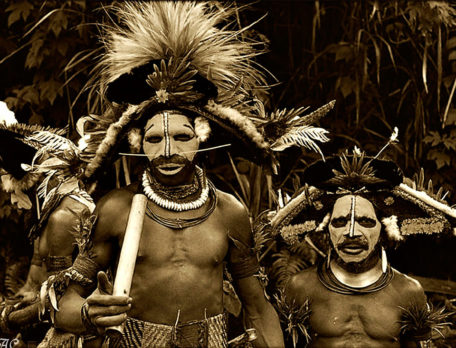
In the Sambia tribe we can not apply our concept of homosexual.
Homosexual. Unlearning concepts.
Behaviors, attitudes and sexual tendencies of people have been seen and understood in many different ways depending on the culture or the time, and with that I am referring not only to homosexual sex but everything that belongs to the sphere of human sexuality. The idea of a general and absolute rejection of any type of sexual contact between persons of the same sex is totally false and only understood from the Judeo-Christian perspective of the last millennium where all sexual behavior must be controlled and often suppressed or annulled.
In the West, in the early nineteenth century, it begins to raise, that behind the sexual behavior between people of the same sex, there was more than perversion, transgression and sin, that there was an inherent condition to certain individuals, which some called third sex (the soul of a woman in a man’s body) and that according to these theorists like Ulrichs, it had a biological origin.
Creating homosexual.
These new and revolutionary ideas (it seems incredible, but it was) would lay the foundations of what could be considered the first gay movement and the first gay organization in the world: the German Wissenschaftlich-Humanitäres Komitee or Scientific Humanitarian Committee.
It is in this strict Catholic moral and revolutionary science context, which in the late nineteenth century, emerged for the first time the term homosexual from the pen of a Hungarian poet and writer named Karl-Maria Kertbeny. It was in an open letter following the debate on the drafting of the new penal code and the abolition of the infamous Prussian rule 143 which punished sexual contact between persons of the same sex. This law, despite protests from intellectuals like Kertbeny, would move to the German penal code in paragraph 175 (§175), and only during the Second World War, brought to justice more than 100,000 people and remained in effect in Germany until 1994.

Fragment of the public letter of Karl-Maria Kertbeny, highlighted in yellow the word homosexual.
The term homosexual was born of the hand of a human rights activist and consequently of gay rights, who believed that this was an innate condition of people who did not deserve any punishment nor rejection, and he did it precisely to normalize an idea and mostly to replace some terms with clearly negative connotations like are: invested, bugger and especially the word sodomite. However it is ironic that the term homosexual, intended destigmatize, only reach widespread use after the publication a few years later, of Psychopathia Sexualis, a book in which homosexuality stopped being a natural condition to become a mental disorder. Since then the term homosexual and homosexuality has been used and understood in many ways: sickness, sin, perversion, condition, tendency, sexual inclination, orientation or even choice.
Exclusionary words.
But regardless of how it is used, in the end, homosexual is just a word, an idea, a concept with which we label and separate. An idea born from the division of the world into two groups. Two opposing elements that inevitably involve value judgments:
Heterosexual and homosexual.
Good and bad.
Natural and abnormal.
From these two words we have built our reality. And through this dichotomy we observe the world and history. But what transpires from the use of this and other terms, which over the last century have been created to complete the map of the human sexual diversity, is our need to label and simplify the world in which we live, but this inevitably leads us away from the truth that we all seek. Falling into the traps of the labels we enter the universe of exclusion that says if you’re the one, you can not be the other.
If you’re straight you’re not gay or lesbian, and if you are bisexual you are neither one thing nor the other, when actually a bisexual person is nothing more than a heterosexual person who has or has had sex with people of the same sex, or seen in another way, is an homosexual person who has or has had sex with the opposite sex people. How can one understand this? Are there really such divisions? What is a homosexual person? Someone who has had a homosexual relationship? Two? A hundred relationships? Someone who has had exclusively homosexual relationships? If you are heterosexual and one day you have or you had a homosexual relationship Are you already bisexual? Homosexual? You’ve lost forever your heterosexual condition?
A few years ago the idea of homosexual was related to the election, but nevertheless for any gay or lesbian is obviously the attraction and desire are not chosen, especially when this choice involves discrimination and social rejection. However, although sexual orientation is not a choice, it may be the decision to live and assume you as such.
The construction of homosexual identity.
From this point of view, we could say without fear of being wrong, that we are gay, because we live as such, accepting and assuming this reality with all or most of the consequences that the society and culture of the individual imposes on those who take this way.
However, even so, we can not forget that this acceptance of who we are is nothing more than a conscious fit into a reality that is imposed on us. A reality that divides through excluding labels. And this is like this because we can not escape from who we are, not as homosexuals, but as integrated individuals into a larger system we call society. We also need to simplify the world in which we live.
Assume a role, as unnatural that it can be, it helps to make our day to day easier. Once assumed, you stop constantly wondering who you are, you no longer have the need to hide, rationalize or justify your existence.
You know who you are, or should I say, what you are.
You’re gay
But nothing is free and this decision means giving up some way to keep looking for your own truth to wear a suit that is given to you and that while it is not quite the right size, it is much better than the other option offered to you. Thus being gay for many people involves a kind of sexual and emotional mutilation, denial of a reality that goes beyond the label and the role you decide to take.
The construction of heterosexual identity.
For heterosexuals usually is not like this (or so we are told), the sexual orientation of desire not imply any decision trauma or choice. For heterosexuals, this orientation is assumed naturally in childhood or adolescence without any doubt. It is natural. However one might wonder whether this normality with which they assume their sexual orientation actually corresponds to their nature (if there is such a thing) or if what happens is simply that there is no possible alternative repeating the same process of lace, but this time in a much more unconsciously way. We can not forget that from our earliest childhood we are taught that the children have clearly defined roles and that one can not deviate from these without receiving the appropriate punishment.
Homosexual and society.
Sissy, faggot, dyke, butch …are the stigmas must suffer by those who dare violate the social order imposed and that children use long before even minimally understand what sexuality means.
At this point we face a difficult problem.
How can we find out where the truth is if you can not separate the individual and society?
We are social animals and all our behavior, how we relate and how we love come largely conditioned by our culture and by the type of society in which we live. How then can we know if what we call condition, orientation, homosexual tendency or inclination exists outside of our society? Is it possible to answer the question?
What is homosexual?
It is at this point, which at the slightest scrutiny, which always seemed to be obvious starts falling apart, where the idea to start this Moscas de Colores project, a space of knowledge, reflection and opinion in which explain human sexuality stripped, as far as possible, of all social prejudice.
To understand what homosexuality is the first thing to do is to forget what we know or think we know. We have to face the knowledge with the utmost humility and try to rid ourselves of any prejudice and bias.
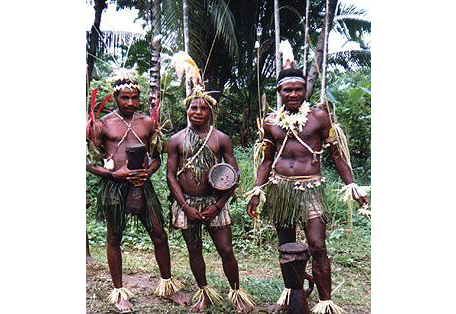
We can not apply our concept of homosexuality to Sambia men.
Beginning with other human societies.. Are the Tritiya-Prakriti or were Svairini of India homosexuals? And lesbians the Salzikrum of Mesopotamia? And the Greeks Erastes? And the Berdaches and Two Spirits of the American tribes? And the Achnucek from the Kodiaks Islands? Were they homosexuals as we understand it? Were they like us? It is that all men from Sambia tribe are homosexuals? Were King David and Alexander the Great gays or were bisexual?
And following with other animal species like the dolphins. Are they also homosexual? And the bonobos? And the swans?
Are they sick? Are anomalies and aberrations? Did they have a frigid and protective mothers? Do they have any more foreign gene?
As we look around us we can only do with our senses and we can not interpret more than with our knowledge. In these pages you will find questions, information, opinions, ideas and a look to other realities present or past on the issue of homosexuality and so broader the issue of human sexuality, because if we ever find the answer to what homosexuality is, will not be dividing sexuality into smaller and immovable watertight compartments, but will be when we are able to see it in perspective and with an overview.
What is homosexual?
An illness? A sin? An aberration? A sexual condition? A choice? A label? Or just a word?
Recomended link: - LGBT GlossaryTag :Compared Sexuality, Heterosexuality, History And leave us a comment
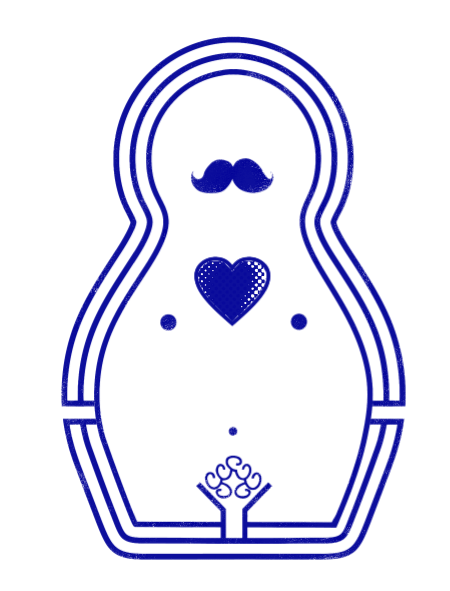

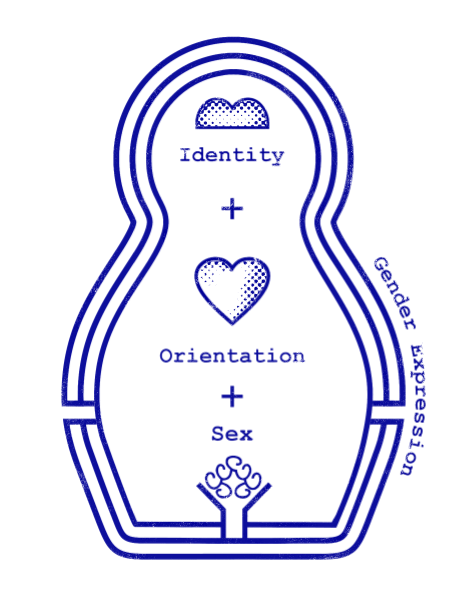
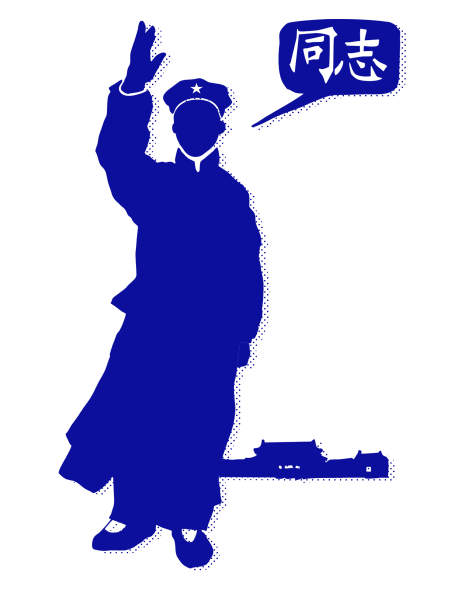
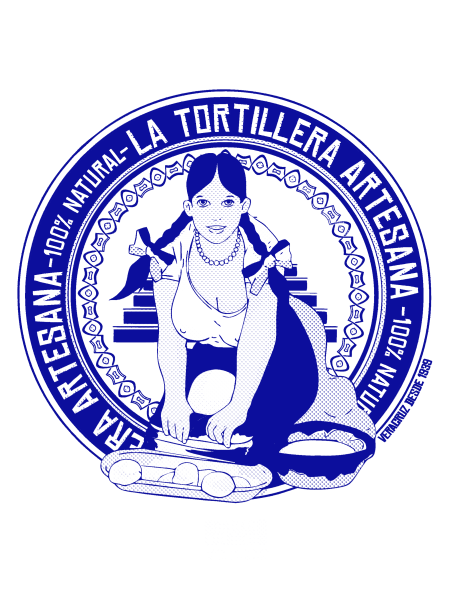
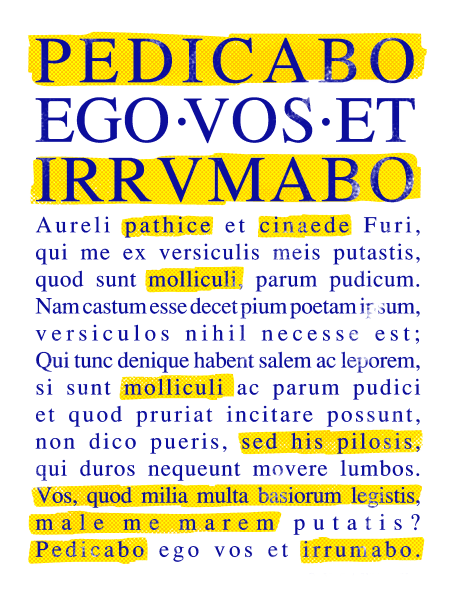

Something to say?
Tell us what you think of this article. If it’s good or bad, if you think we are idiots, or if you see us in hell. Even if you are a few words person, you can do something to improve people’s lives, helping us to spread it.
Share it in your networks!